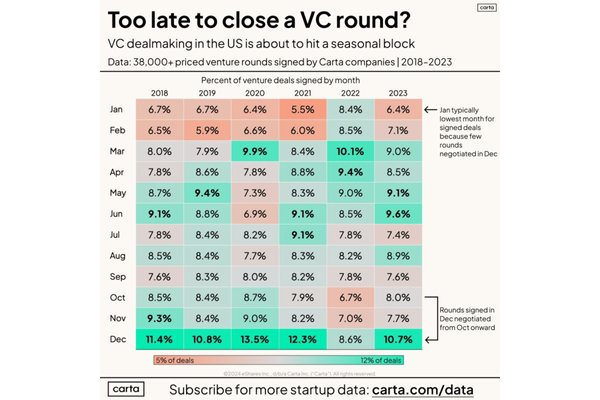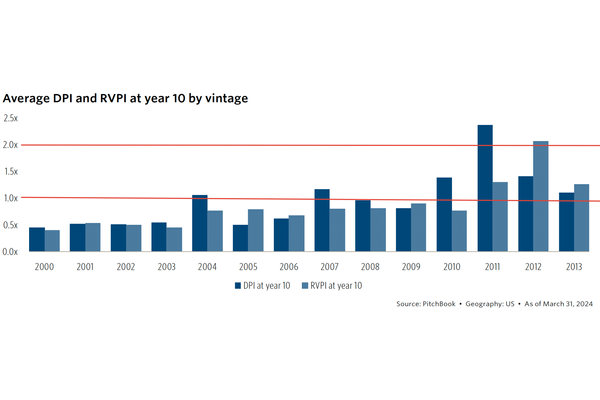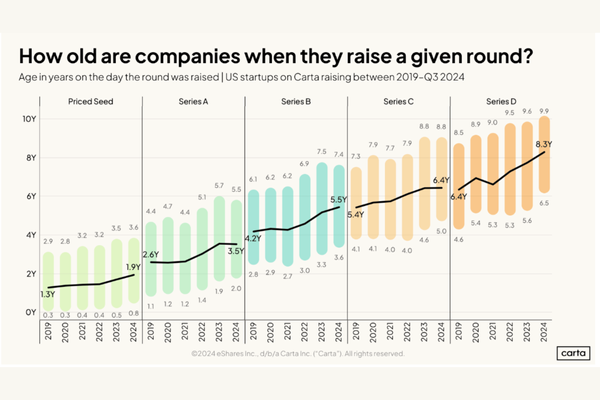From DTC to AI: Lessons in Navigating Business Model Shifts
The explosion of AI over the past six months is just the start. This innovation will shake the very foundations of many business models in the coming decade.
What business are you in? What's the business model? What is the real TAM, and can you efficiently scale to reach it?
We are in a period of accelerating change and innovation. The explosion of AI over the past six months is just the start. This innovation will shake the very foundations of many business models in the coming decade.
As a venture-backed founder, you need to pay attention to shifts in technology, the competitive landscape, and macroeconomic changes that can impact consumer behavior.
I was reminded of this in a discussion about the fate of VC-backed DTC startups. There were several opinions offered to explain why DTC is no longer in favor with VCs and why those that have gone public have performed so poorly.
Those explanations missed a critical point.
We thought that DTC was a revolutionary business model that would upend the economics of retail, which has notoriously modest margins.
DTC originally meant e-commerce, with the expectation that selling directly to consumers on the internet would dramatically improve the economic model of retail. Cut out the middleman, tap into the infinite scale of online customers, and create an endless supply of VC-backed unicorns.
For a brief moment in time, from 2012 – 2016, the math made sense. Facebook launched its mobile ad products, customer acquisition was incredibly cheap, and there weren't many competitors chasing after every keyword and customer.
The VCs caught on, flooded startups with capital, and all that capital was handed over to Google and Facebook to chase customers. CAC skyrocketed while the number of brands exploded.
In the end, the internet is just another sales channel, and the number of customers you can acquire isn't infinite. When you turn to retail and wholesale to grow, you hit the same challenges that traditional omnichannel brands have always battled.
You can build a good, profitable company in this space. But omnichannel DTC is not a business built for venture capital, nor will most make it to the public market. That's ok as long as you know your lane.
Digital media faced a similar trajectory. At one point, VCs thought digital media would replace legacy media companies. Then Google and Facebook sucked up all of the ad dollars, and the infinite ad inventory of the internet drove digital ad prices to the basement. Of course, you can still build a good digital media business built on subscription revenue, but those success stories are few and far between.
AI will be similarly disruptive. Why did Google slow-roll Bard, their competitor to ChatGPT? Perhaps because a world without the traditional search box, and the ads that delivered over 80% of Google's revenue in 2022, could destroy their business model.
The internet will be flooded with AI-generated content. Every consumer behavior connected to the internet will be reimagined as experiences powered by AI. First, through the keyboard. And then by voice.
VC sentiment will follow that shift, leaving some founders stuck between funding rounds as business models evaporate.
The pace of change is accelerating. Pay attention. Where there is risk, there is also opportunity. You might be able to take advantage of these shifting trends.
But know your business model. Understand how it scales, and think about the changes that may be coming that can create incredible opportunities for future growth. Or force you to find your path to profitability if VC scale is no longer possible.




